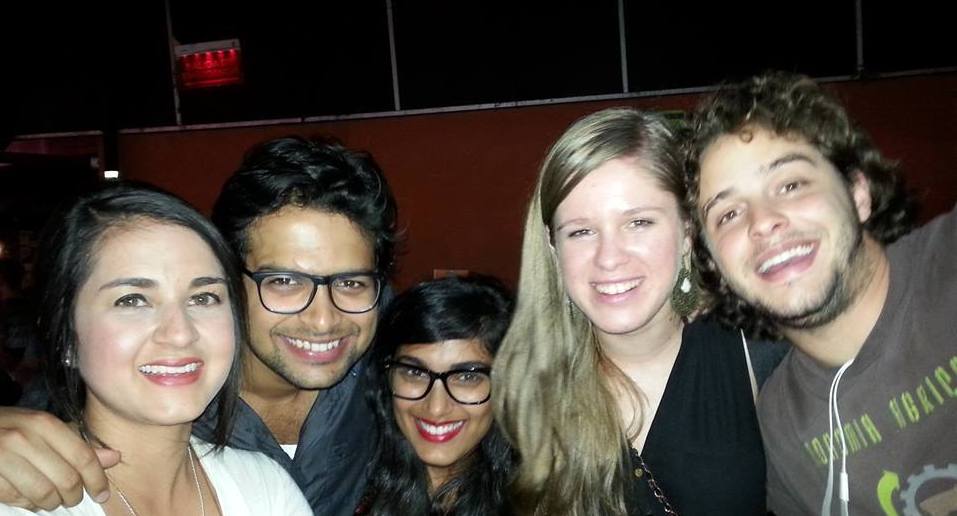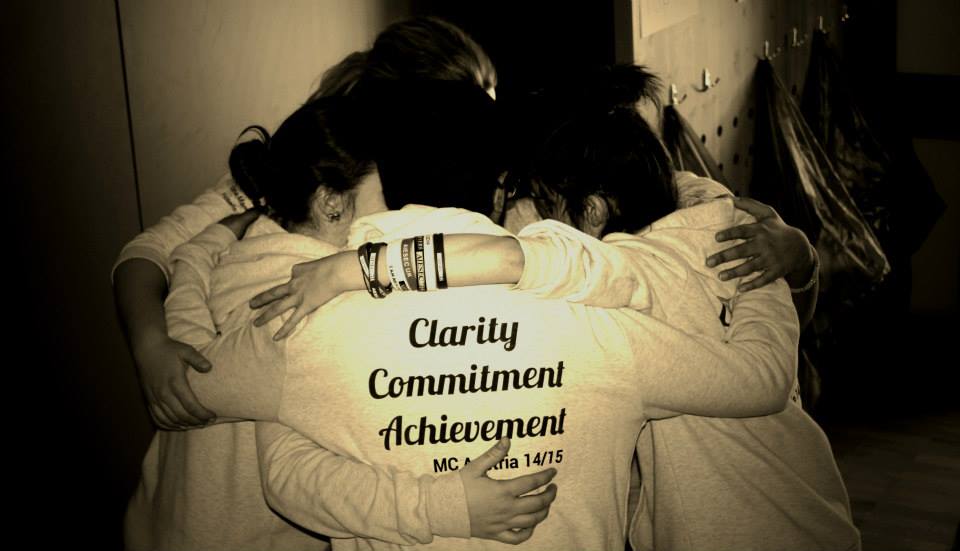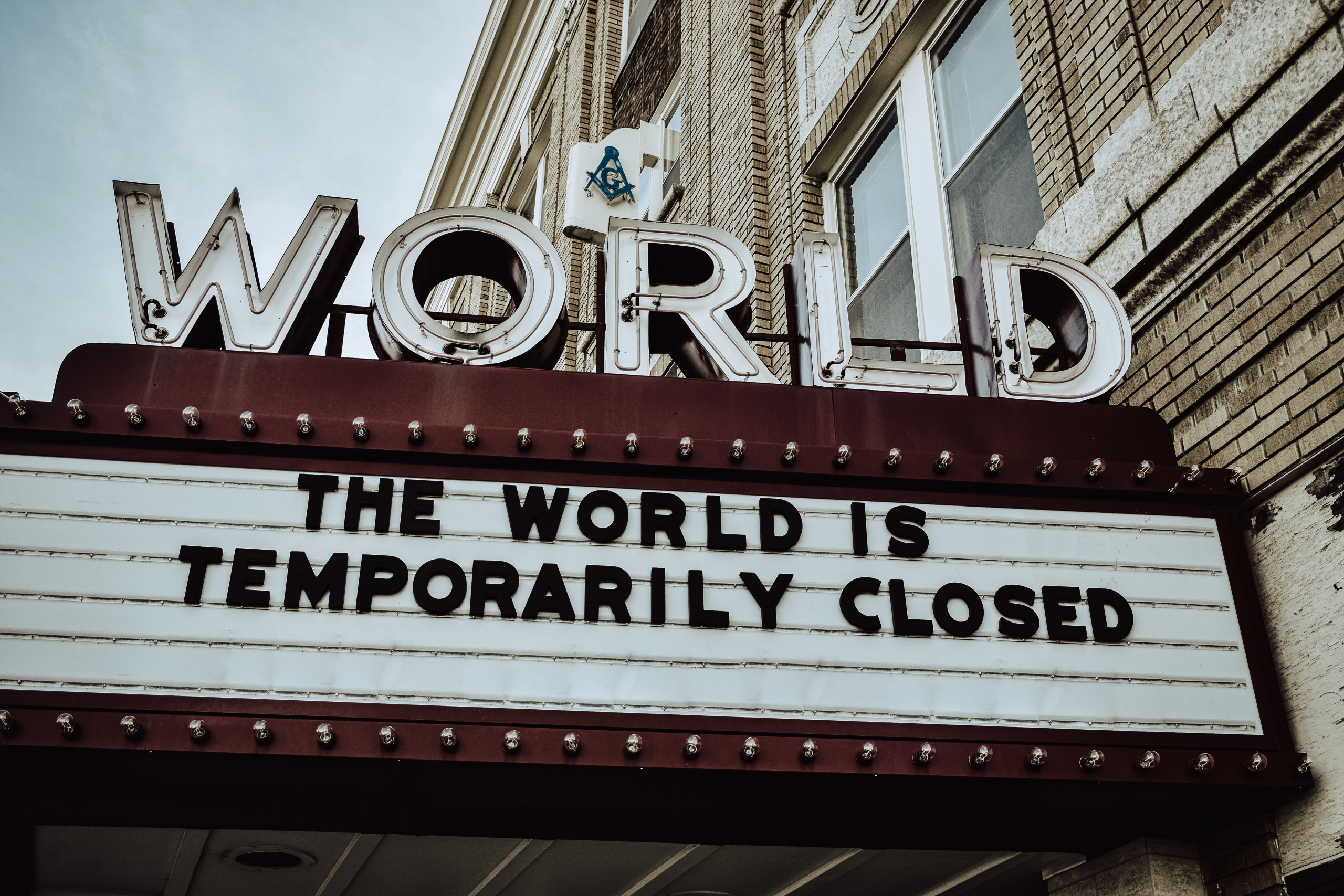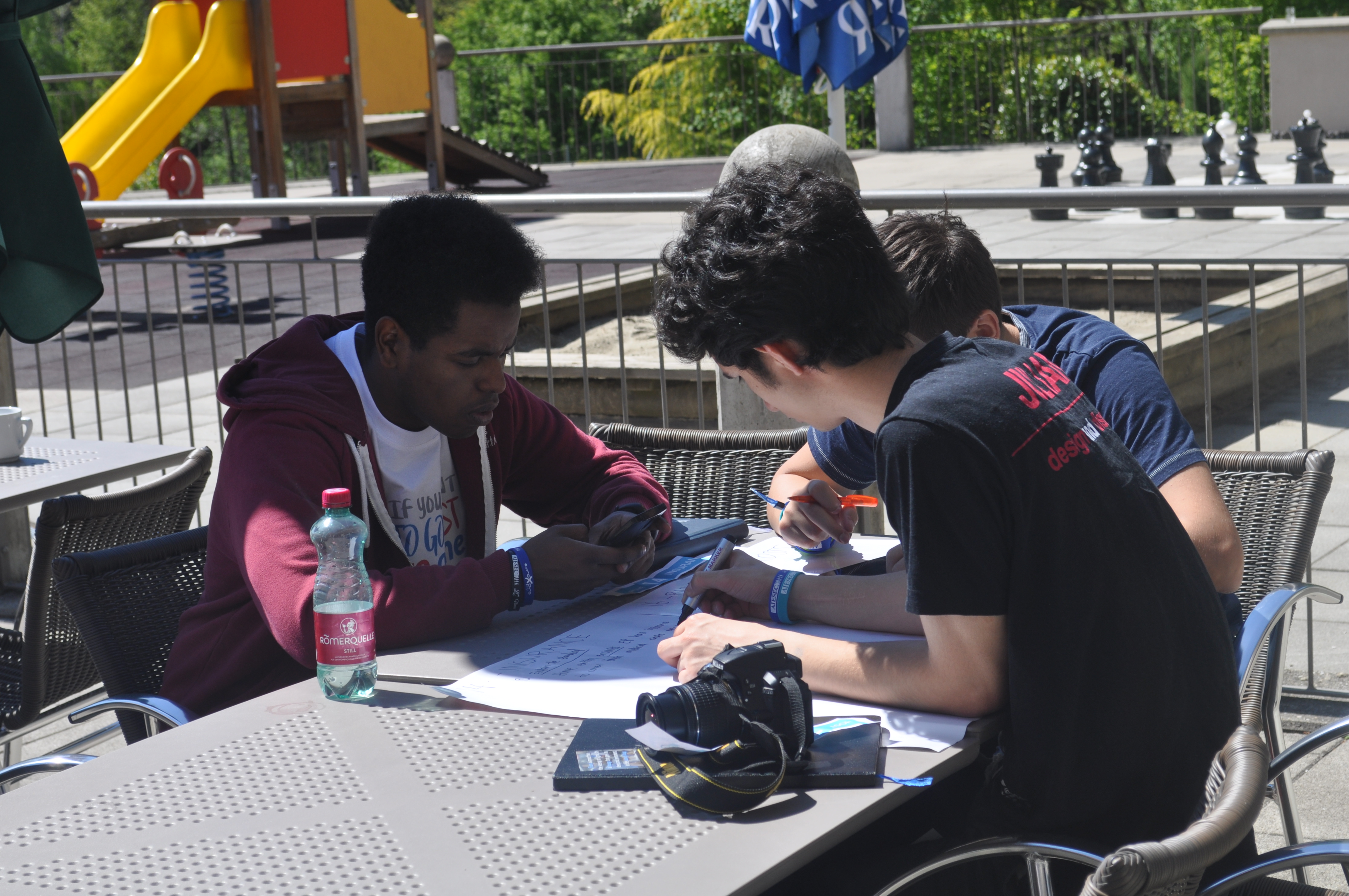 Ten years ago, I never would have seen myself working outside of the United States, with people who didn’t speak English as a first language, in an environment where even ordering coffee would be a challenging experience. But when in university, I joined AIESEC, an organization that makes these things possible for thousands of students in the world.
Ten years ago, I never would have seen myself working outside of the United States, with people who didn’t speak English as a first language, in an environment where even ordering coffee would be a challenging experience. But when in university, I joined AIESEC, an organization that makes these things possible for thousands of students in the world.
Currently I am working in Vienna, Austria, on a team of people from Luxembourg, Germany, Serbia, Romania and Spain; and last year in Costa Rica, I worked in a team of people from Estonia, Slovakia, Colombia, India, Egypt, and Costa Rica. I went from a relatively homogeneous part of the U.S. where the biggest difference between people was where they went to high school, to working in two different countries with two different teams where every single person speaks a different language. This has been a journey that certainly has its own breed of lessons, 4 of which I found to be the most important for professional and personal growth.
1. Understanding is a first step to emotional intelligence
Everyone knows that emotional intelligence is highly valued in the workplace and especially in leadership. What people may not know is that the process to developing emotional intelligence actually requires a lot of core interactions with people who may fundamentally think differently from you.
I learned this lesson during a fight with one of my colleagues. In our disagreement, I realized that neither of us was coming from a place of bad intentions, but that he and I were simply just products of the environments of our home countries and therefore have different perspectives on many issues. Coming to this realization was the first step to solving tensions and paving the way for future positive collaborations.
Of course, this requires setting aside your own priorities and viewpoints for the greater good. This is a humbling experience that cannot be learned in books. By interacting with more and more people who think differently from you, you are able to fine-tune your interactions with them, and propel yourself to proceed in a way that benefits everyone involved.
2. You get to re-invent yourself in your new environment
Growing up, I was always lost with what to do with my life and how to do it. Now, I can consider myself to have a purpose in my life, the passion to do it, and the structure to get it done.
This is because I was able to learn from my teammates how to find purpose, how to prioritize, and how to take action. In meetings, personal interactions, and working on projects with my colleagues, I was able to see different ways of processing information, seeing what is important, drawing conclusions and in which manner to act based on these conclusions. This was extremely vital for me to challenge my own style of critical thinking and taking action and to constantly re-polish my own purpose, passion and plans.
The best part is that I could even pick out the commonalities of working styles between different cultures. I learned how to be goal-oriented and focused from my European teammates, I learned how to be persistent from my Asian teammates and I learned how to be passionate about my work from my Latin American teammates.
3. Being a Global Citizen doesn’t only mean travelling
I would not consider myself a well-traveled person; I have been to only around 12 countries in my lifetime. However, I feel like I’ve been able to experience many more.
When the revolutions in Egypt were happening, my Egyptian teammate spoke of the youth perceptions there. When floods took over parts of Serbia, my Serbian teammates were checking up on their families and friends. When the Russian-Ukrainian conflict grew, my Estonian teammate also spoke of concerns in her home country.
Working on an international team gives you a front-row seat to these kinds of world issues. But beyond that, you also learn about the beauties of each country that may never appear in headlines, which brings me to my next point:
4. Challenge every assumption you have about society
Perhaps to many people on Earth, Colombia would be a drug-and-violence-riddled society, but I know differently from my Medellin-raised Colombian teammate. I learned about the smart and forward thinking of people who live there, with vast skills to improve their country and contribute to the world. Perhaps to many people, Romania is full of gypsies, but I know differently from my Romanian team leader. I learned that people care about their country, want to see it improve and are willing to be the generation who accomplishes it.
I am an open person who tries not to have preconceived notions about people based on where they are from, especially as an American-born daughter of Indian immigrants. But my personal interactions with my international teams further solidified my strong desire to always challenge the formed assumptions.
Author: Harkiran Kaur





